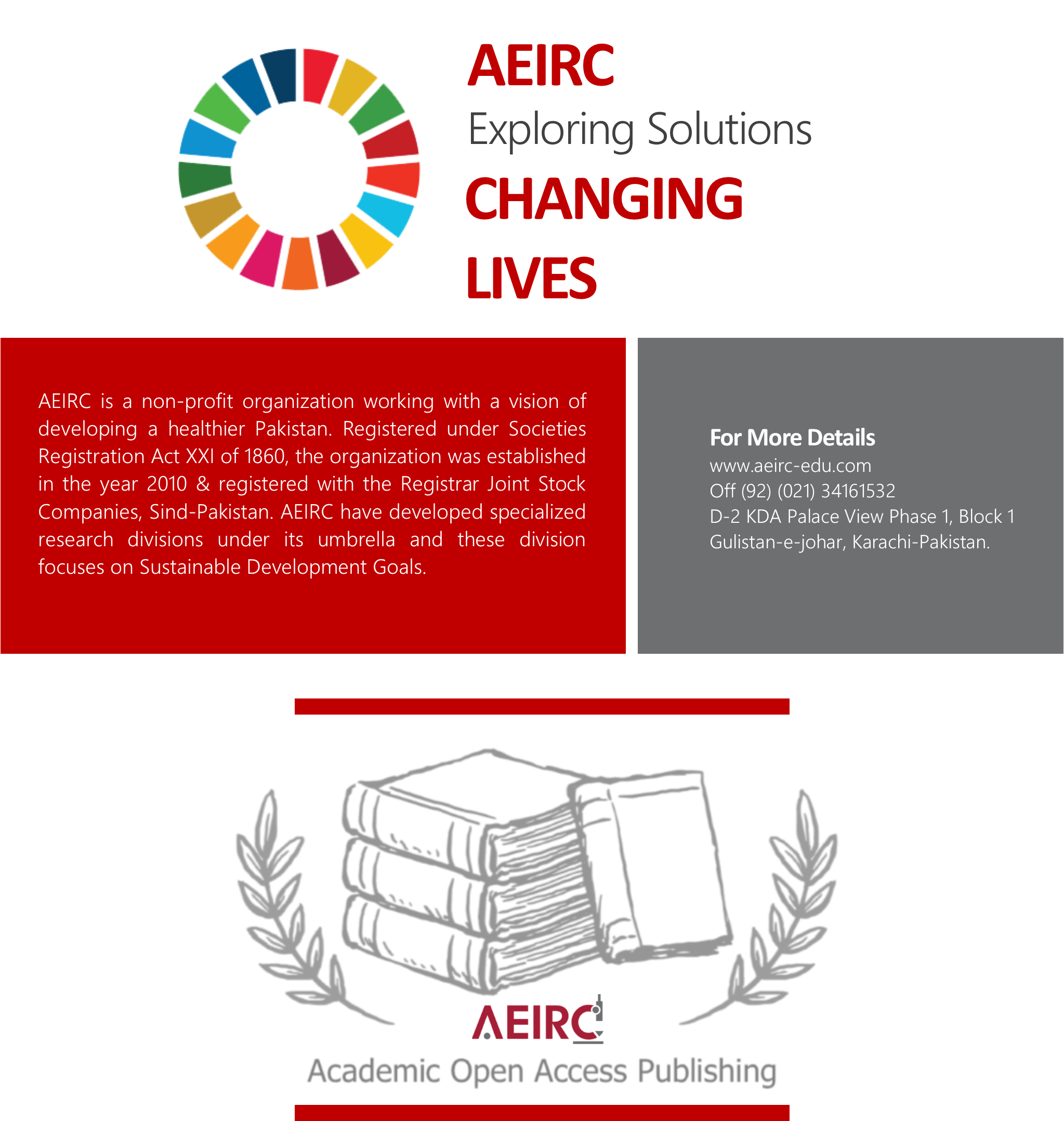Hepatitis B and C related knowledge, attitudes and practices of health care workers in Azad Kashmir, Pakistan –A potentially disastrous area
DOI:
https://doi.org/10.29052/IJEHSR.v7.i1.2019.39-46Keywords:
Hepatitis C, Hepatitis B, Immunoglobulins, Knowledge, AttitudeAbstract
Background: Azad Kashmir, Pakistan is potentially dangerous area for earthquake disasters. Knowledge, attitude and practices (KAP) of health care workers (HCW’s) in this region is essential to prevent spread of Hepatitis B virus (HBV) and Hepatitis C virus (HCV) in case of disaster.
Methodology: This descriptive observational prospective study was carried out to assess the HCW’s KAP regarding HBV and HCV in major hospitals of Muzaffarabad, Azad Kashmir, Pakistan. A validated study questionnaire was distributed among 320 HCW’s of Combined Military Hospital (CMH) and Abbas Institute of Medical Sciences (AIMS), Muzaffarabad, to assess KAP of HCW’s regarding HBV and HCV. All HCW’s of CMH and AIMS, Muzaffarabad were included in the study. While, HCW’s of these hospitals with HBV and HCV infection were excluded from the study. Analysis was done in Microsoft Excel and Graphs were generated for KAP of health care workers.
Results: In knowledge component all health care workers know about parenteral transmission of Hepatitis B & C (100%) but their knowledge regarding non-parenteral transmission is incorrect (65.62% and 31.2%). Knowledge about prevention status after Hepatitis B vaccine is also incomplete (40.62%). Hepatitis B & C related attitude in health care workers is acceptable. Overall practice regarding Hepatitis B & C spread is acceptable but half of the health care workers have knowledge regarding use of immunoglobulins after Hepatitis B & C infection and regarding continuity of work after accidental exposure to Hepatitis B or C (43.75% and 28.12%).
Conclusion: Our study found gaps in KAP of HCW’s. The shortcomings found in KAP of HCW’s needs to be addressed through regular educational programs in order to prevent the spread of HBV and HCV in the studied.







